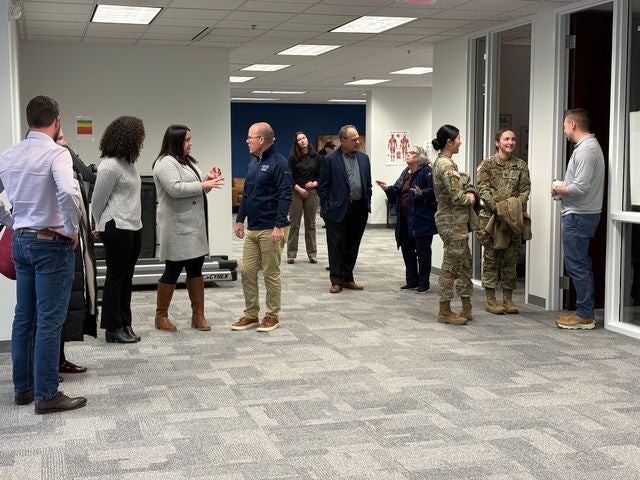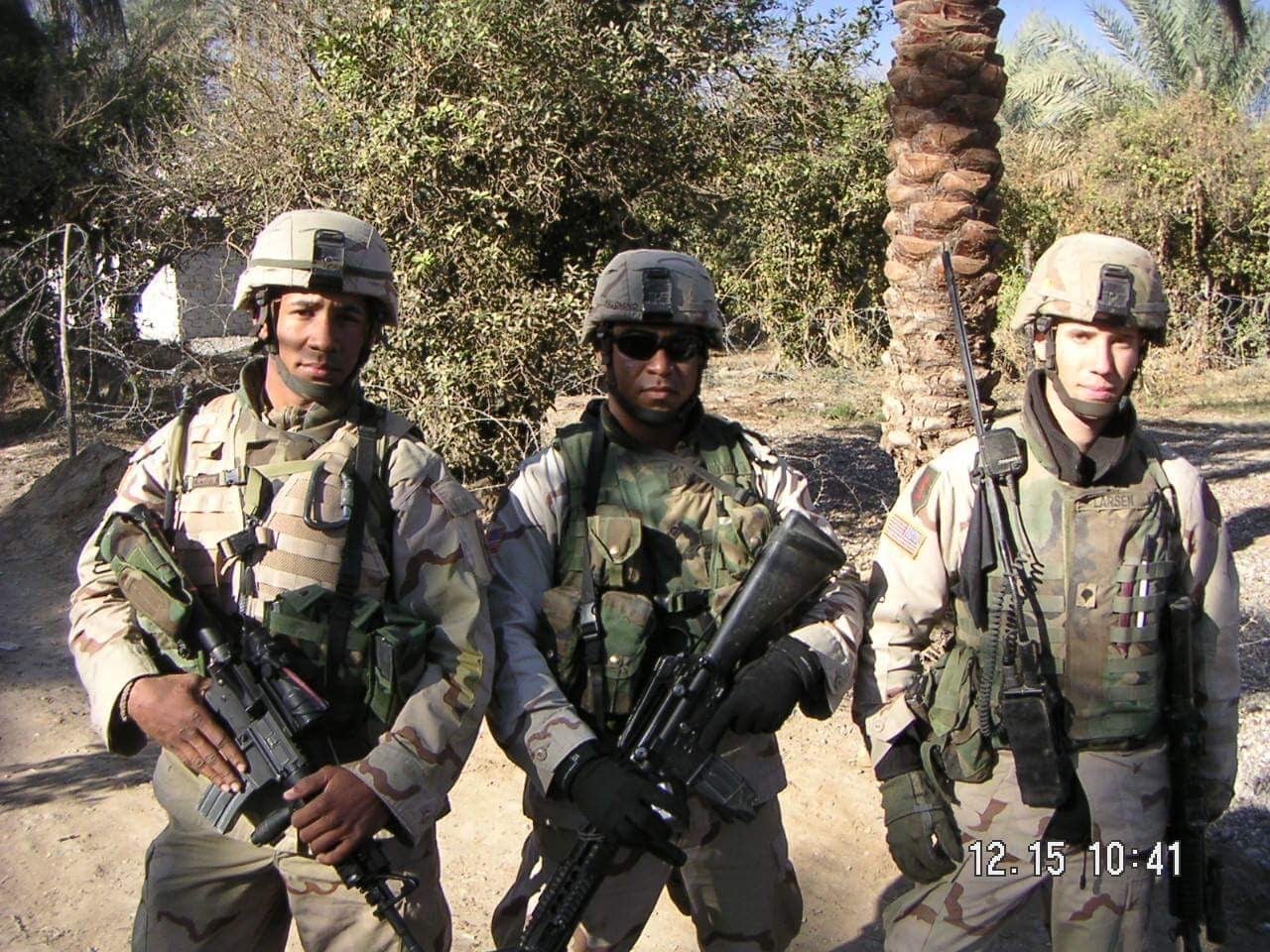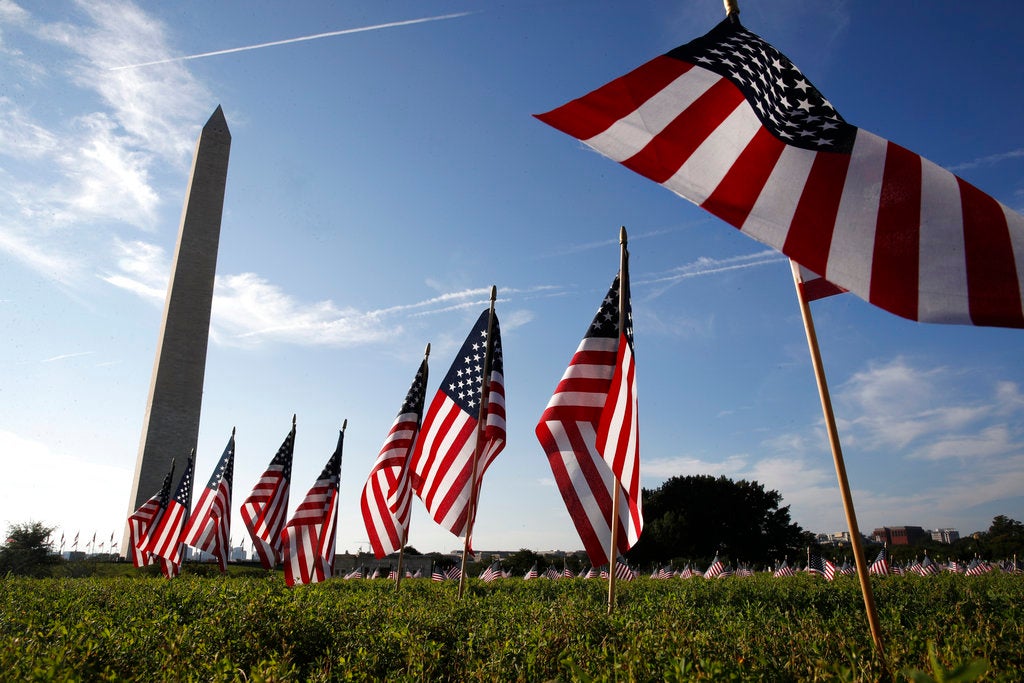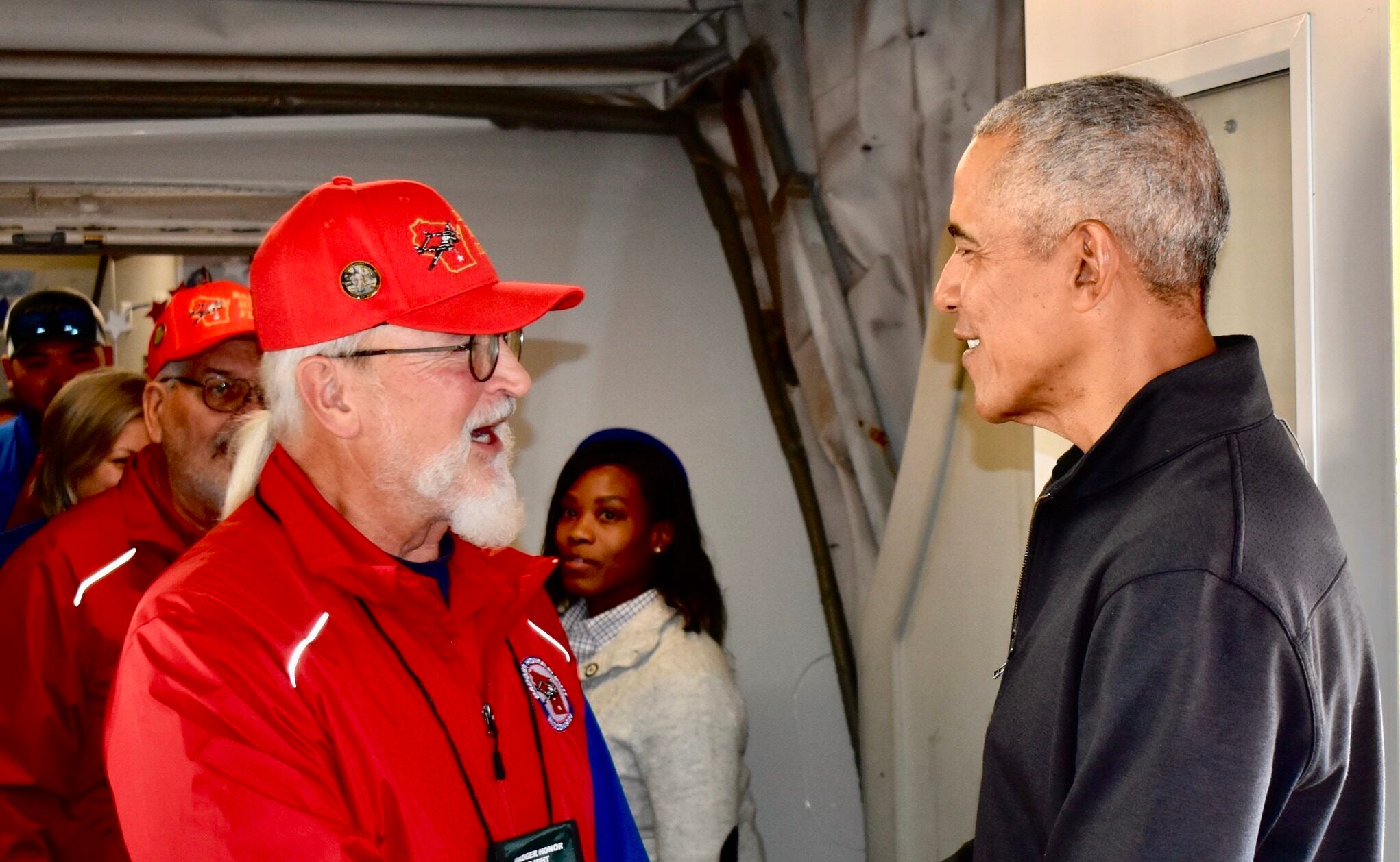Editor’s note: This story contains details about suicide and trauma that may not be suitable for all audiences.
For hundreds of years, humans across the world have utilized horses for their size, strength and aptitude to connect with humans.
To Wisconsin equine specialist Toni Mattson, those are the qualities that make horses terrific therapeutic aids for humans who have experienced trauma.
News with a little more humanity
WPR’s “Wisconsin Today” newsletter keeps you connected to the state you love without feeling overwhelmed. No paywall. No agenda. No corporate filter.
Especially, Mattson said, for military veterans.
“(Horses) are very intuitive,” Mattson said in an interview with WPR’s “Wisconsin Today.” “They can spot someone who is struggling emotionally a mile away.”
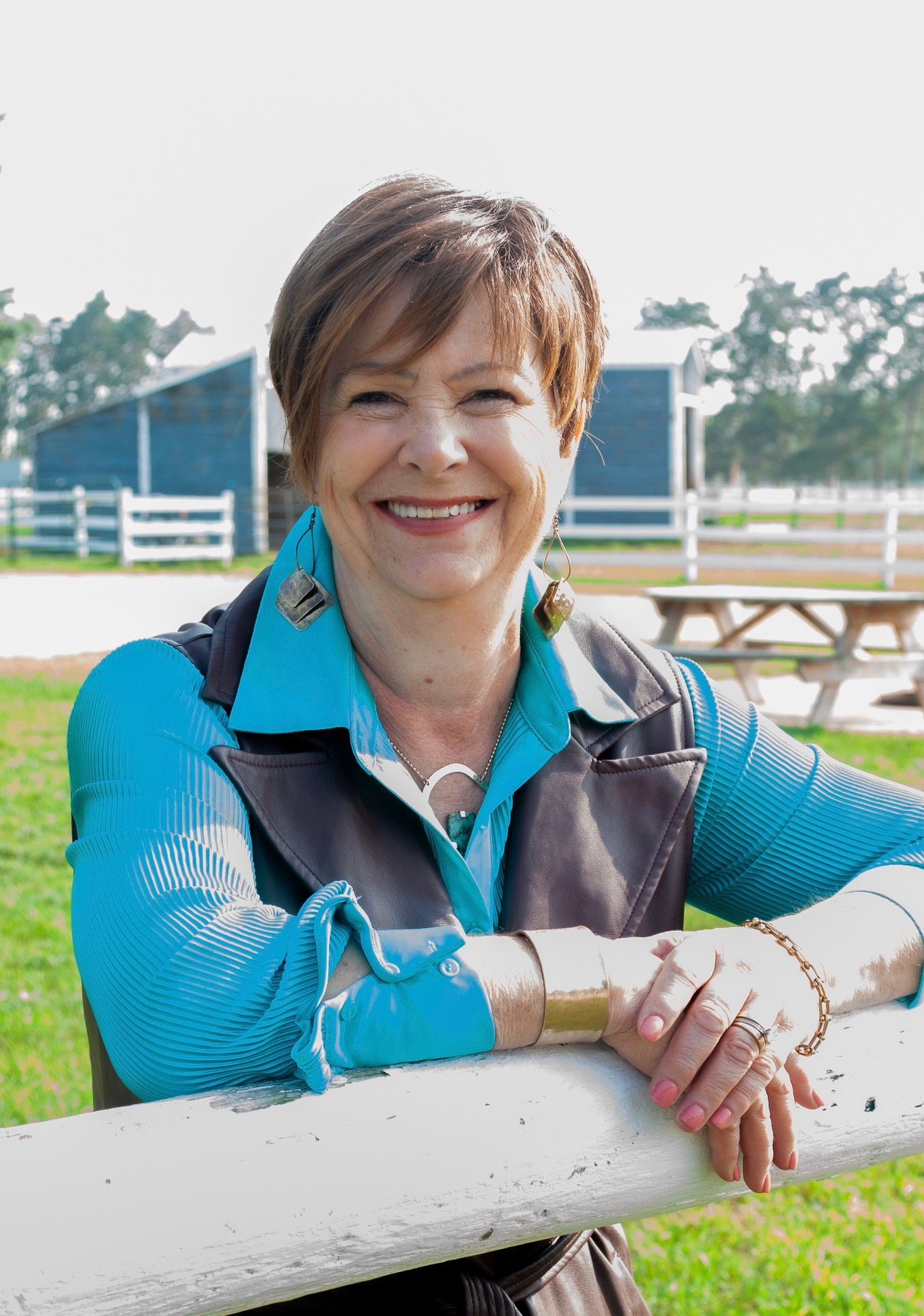
Mattson co-founded Trinity Equestrian Center in Eau Claire, which provides equine therapy to people in the region. The center has several programs designed for people of all ages, and the Wisconsin Department of Veterans Affairs recently recognized the center for its work with veterans.
Mattson spent 15 years of her career working directly with military veterans in equine therapy. She spent two of those years working with Wisconsin U.S. Army veteran John Sarafin.
Sarafin told “Wisconsin Today” he sought out equine therapy because he developed severe post-traumatic stress disorder during his 29 years in the Army. No other form of therapy helped ease his symptoms.
Sarafin was wounded in an explosion during Operation Desert Storm in the early 1990s. He said one of his major PTSD symptoms was rage. He often turned to alcohol to help him calm down.
“I’m not talking about getting angry. I’m talking about pure rage,” he said. “Some days I was too scared to drink, so I would just ride it out for days. No sleep. Just hang on. But you never want to hurt nobody. It was always in my head: ‘I don’t want to hurt nobody.’ So, you push everybody away, and everybody on the outside is looking in. It makes you crazy.”
Sarafin said he was contemplating suicide before going to Trinity. He said he was tired of fighting to live every day.
“I trusted the horse before the people,” Sarafin said. “It didn’t want anything from me. The horse never judged me. It wasn’t going to throw me under the bus. It was just there … I couldn’t scare it away. I couldn’t push it away. So, then I had to confront my fears.”
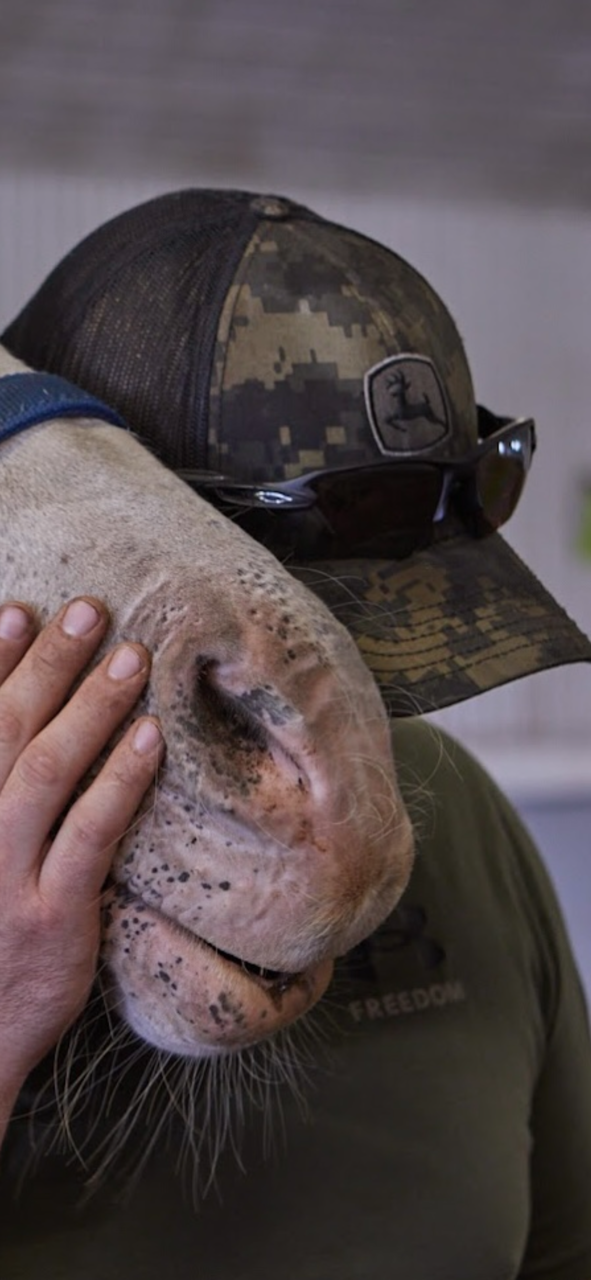
Trusting the horse was Sarafin’s first step toward trusting his care team. Once that trust was built, “The work began,” he said.
Trinity Equestrian Center uses more experiential methods of equine therapy when compared to other programs, Mattson said. In part, that’s because the veterans don’t ride horses during therapy.
“It’s nose to nose and shoulder to shoulder,” Mattson said. “That’s where the relationship grows. It’s where all the healing starts.”
Sarafin said practicing drawing physical boundaries between himself and the horse was one of the strategies that helped him the most. After realizing these mental tools through practice with the horse, he was able to eventually translate what he learned to his relationships with people.
“You can’t do it all by brute force. You can’t do it by blowing everything up,” he said. “You use the tools they make available to you.”
Sarafin now sits on the board of Trinity Equestrian Center because he said he wants to try and give back.
“I can never repay Trinity for giving me back my life,” Sarafin said. “I still have bad days. It ain’t over, but I have a lot more good days than bad days now.”
If you or someone you know is considering suicide, call or text the three-digit suicide and crisis lifeline at 988. Resources are available online here.



